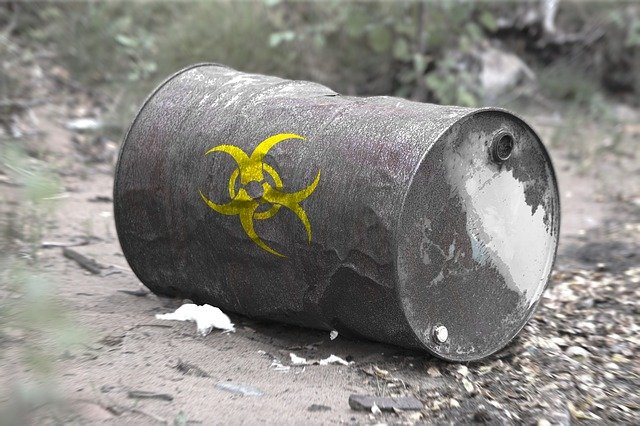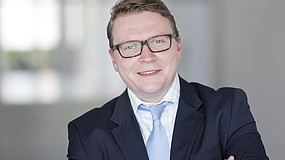Prof. Binas, Director of TRAWOS, at the online conference on 23.10.2020 by Markus Will, HSZG

The Federal Company for Final Disposal (BGE) recently determined that 90 regions in Germany appear suitable from a geological point of view. This marks an important milestone in the multi-stage search process. This is to be open-ended, unbiased and transparent. The public is to be involved in all important phases in order to avoid repeating the mistakes made at Gorleben.
The topic of final disposal is highly emotive and controversial. Following the publication of the BGE interim report, political voices were quickly heard warning that certain regions were being targeted, even though they are already severely affected by the lignite phase-out and structural change.
The search process involves unpleasant decisions and a fair compromise needs to be found. Whether this can be successful and whether protests and blockades can be avoided also depends on the design of the search process. This will only be accepted if participation takes place on an equal footing, the necessary information is presented in an understandable way and the uncertainties of the purely scientific analysis are pointed out transparently. The repository search process is thus exemplary of a new governance model that is intended to contribute to fact-based, non-domination-based consensus-building in dealing appropriately with other major social issues (climate change, genetic technology, vaccinations, etc.).
We entered into a discussion on this problem area:
In the format of an online conference with a panel discussion, scientists, activists and politicians had their say.
There was also the opportunity for the audience to ask questions to the experts.
18:30 Start and introduction:
Final disposal as a wicked problem, Markus Will, HSZG
18:45 Lecture:
Final disposal of highly radioactive waste in Germany - history and current status, Prof. Dr. rer. nat. Bernd Delakowitz, HSZG
19:00 Lecture:
Condition monitoring of transport and storage containers (e.g. CASTOR) in interim storage, Sebastian Reinicke, IPM/HSZG
19:15 Lecture:
Never give up - Insights into the history of the abandonment of the final storage site in Gorleben, Kerstin Rudek, anti-nuclear activist, political scientist
19:30 Lecture:
No storage is no solution either - Why progress so often comes from between the two. An intervention, Prof. Eckehard Binas, TRAWOS/HSZG
19:45 Panel discussion
with the speakers and political representatives and answers to questions from the audience
Dr. Stephan Meyer, CDU, Member of the Saxon State Parliament
Dr. Jana Krauß, Alliance90/The Greens
20:30 End.
